Have you ever come across a YouTube video with a thumbnail saying, “My 100 Pair Shoe Collection”? The first thought that often comes to mind is, “Why would someone spend money on shoes they don’t even wear that often?” It’s easy to think they’re wasting their money and could’ve spent it on something more practical. But let me tell you—they are not wasting their money; they are investing.
Let me introduce you to the concept of sneaker reselling.
Appreciating Assets vs. Depreciating Assets
To understand sneaker reselling properly, we first need to understand the types of assets: appreciating and depreciating.
Appreciating assets are those that rise in value over time. If I were to ask, “In which field do you like to invest your money?”, common answers would be real estate, stocks, or gold. Why? Because the money you’ve invested will typically increase in value if the market is favorable. This is the essence of appreciating assets.
Depreciating assets, on the other hand, lose value over time. A classic example is automobiles, whose value declines with use and age.
But what if I told you that sneakers are slowly falling into the category of appreciating assets? Sneaker reselling is an emerging business, with a market currently valued at $10.6 billion, projected to reach a revenue of $51.2 billion by 2032.
Let’s deep dive into understanding this sneaker reselling business.
The History of Sneaker Reselling
It all began with the release of the iconic NIKE AIR JORDAN 1 in the 1980s. These shoes were worn by basketball legend Michael Jordan.
In 1984, Nike sought to enter the basketball footwear market. At the time, many players favored Converse shoes, seeing this, Nike also aimed to elevate its brand by finding an emerging basketball superstar. They discovered a young Michael Jordan and signed him to a lifetime deal.
Nike created a special shoe for him, the Air Jordan 1. Leveraging Michael Jordan’s brand value, the worth of Air Jordans skyrocketed, and many people wanted a pair in their wardrobes.
Over time, hip-hop and skateboarding cultures in the West transformed sneakers into a fashion statement, and sneaker collectors steadily grew in number.
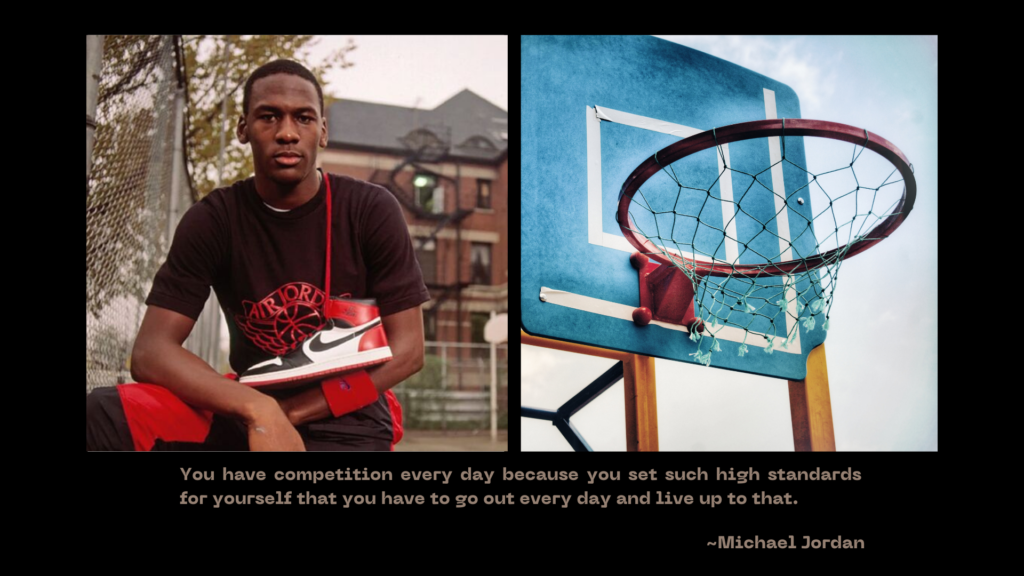
The Psychology Behind Sneaker Reselling
Scarcity Principle:
Let me ask you a question. How many times have you purchased a product you didn’t need immediately but thought you might use in the future? Many times, especially during sales.
This happens because you’re afraid the product might go out of stock, and you might not get the chance to buy it later. This is called the scarcity principle.
As humans, we tend to value things that are limited in number. Similarly, during sneaker releases (commonly referred to as “drops”), brands release limited quantities of sneakers at retail prices. Because these are exclusive and scarce, people rush to buy them.
Social Proof and Status Symbol:
Owning a designer or rare sneaker is seen as a fashion statement. Many social media groups and clubs regularly discuss new sneakers and upcoming drops. To portray themselves as desirable or elite in society, people spend significant amounts on these sneakers.
Celebrities often wear expensive sneakers to showcase their wealth and style, further driving this trend.
Emotional Connection:
Some people buy sneakers for the legacy and story they carry. For instance, the Nike Air Jordan 1 represents the journey of Michael Jordan. For collectors, owning these sneakers evokes nostalgia and pride.
Sneaker Collection:
Like art collectors, some people see sneakers as works of art. Collecting sneakers reflects their taste and love for the brands and artists behind them. Owning rare sneakers gives them a sense of pride and belonging to a niche community.
The Business of Sneaker Reselling
Like any other business, sneaker reselling involves sneaker resellers and sneaker collectors.
Sneaker resellers aim to profit by buying exclusive sneakers at retail prices and selling them at a premium. Sneaker collectors are willing to pay hefty sums to acquire rare sneakers.
Here’s how the process works:
When brands like Nike, Adidas, or others announce an exclusive sneaker, the hype for it builds rapidly. Sneaker resellers monitor these trends closely through official brand pages and partner sites. They use their connections to find out the exact date and time of the drop.
Here’s where the game gets competitive. It’s challenging for ordinary buyers to get exclusive sneakers during a drop because sneaker resellers use sneaker bots. These bots automate the entire purchasing process from finding the sneaker, selecting the size, placing the order, making it nearly impossible for regular customers to compete.
After securing the sneakers, resellers either hold onto them to let their value appreciate or sell them immediately on platforms like StockX, GOAT, Mainstreet, and eBay. There are different social media groups dedicated to sneaker reselling.
Real-Life Example: Kanye West and Adidas
Adidas and Kanye West created one of the most hyped sneaker lines ever: Yeezys. This collaboration was revolutionary, as athletic brands typically collaborate with athletes, not artists.
Kanye, with his massive influence in the music industry and a strong personal brand, proved to be a visionary designer who understood the audience’s pulse. Together with Adidas, he created iconic sneakers like the Yeezy 350 and Yeezy 700, which are sleek, comfortable, and stylish.
Adidas marketed Yeezys through the “drop culture,” releasing sneakers in limited quantities without prior notice. This scarcity drove demand, and in the reselling market, Yeezys were sold at prices up to 10x and more to their original retail price.
The mystery and exclusivity surrounding Yeezys, along with celebrity endorsements, boosted their brand value tremendously.
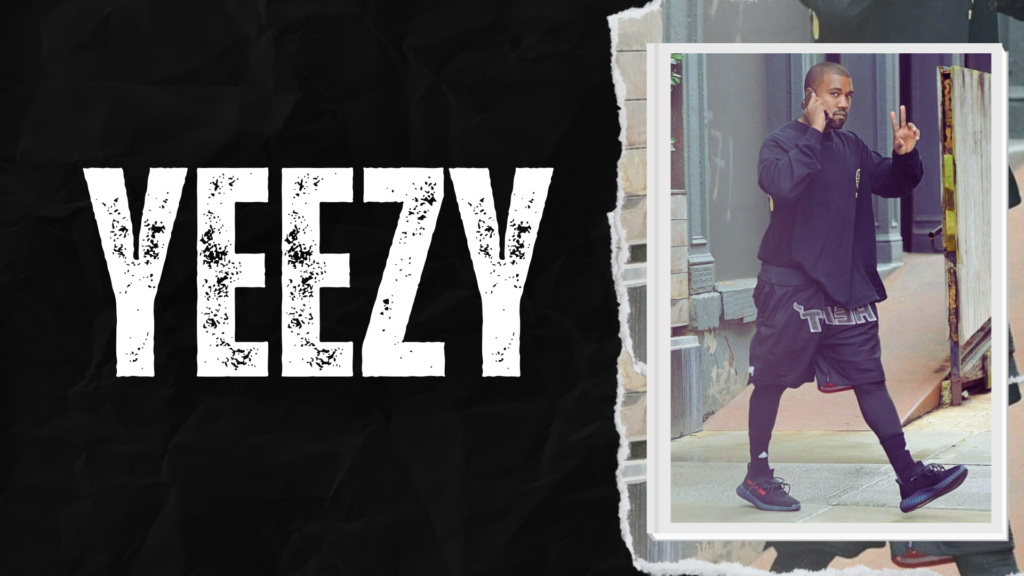
Challenges in Sneaker Reselling
Counterfeit Sneakers:
The market is flooded with fake sneakers. Resellers and collectors must carefully verify billing details, serial numbers, and sneaker authenticity.
Bots:
Many limited drops are dominated by resellers using bots, making it harder for regular buyers to get their hands on exclusive sneakers.
Unpredictable Market:
The value of sneakers is highly dependent on hype. If the hype dies down, the value can drop significantly, just like in the stock or real estate markets. Understanding market trends is crucial before entering the sneaker reselling business.
Conclusion
Sneaker reselling is a modern business model that can generate substantial profits if you have a solid understanding of the market and its trends.
However, the main purpose of this blog is to make you more knowledgeable and give you exposure to global trends that can transform you. We often block our ability to think beyond what we see. Every week, theHustleWeek aims to unlock this potential by providing valuable insights into topics that inspire and empower you to think differently.
As a community of hustlers, theHustleWeek aims to positively impact your life. If you found this article useful, please share it and also share your thoughts in the comments section. Your feedback encourages us to create more curated content each week. Feel free to explore our other blogs as well.

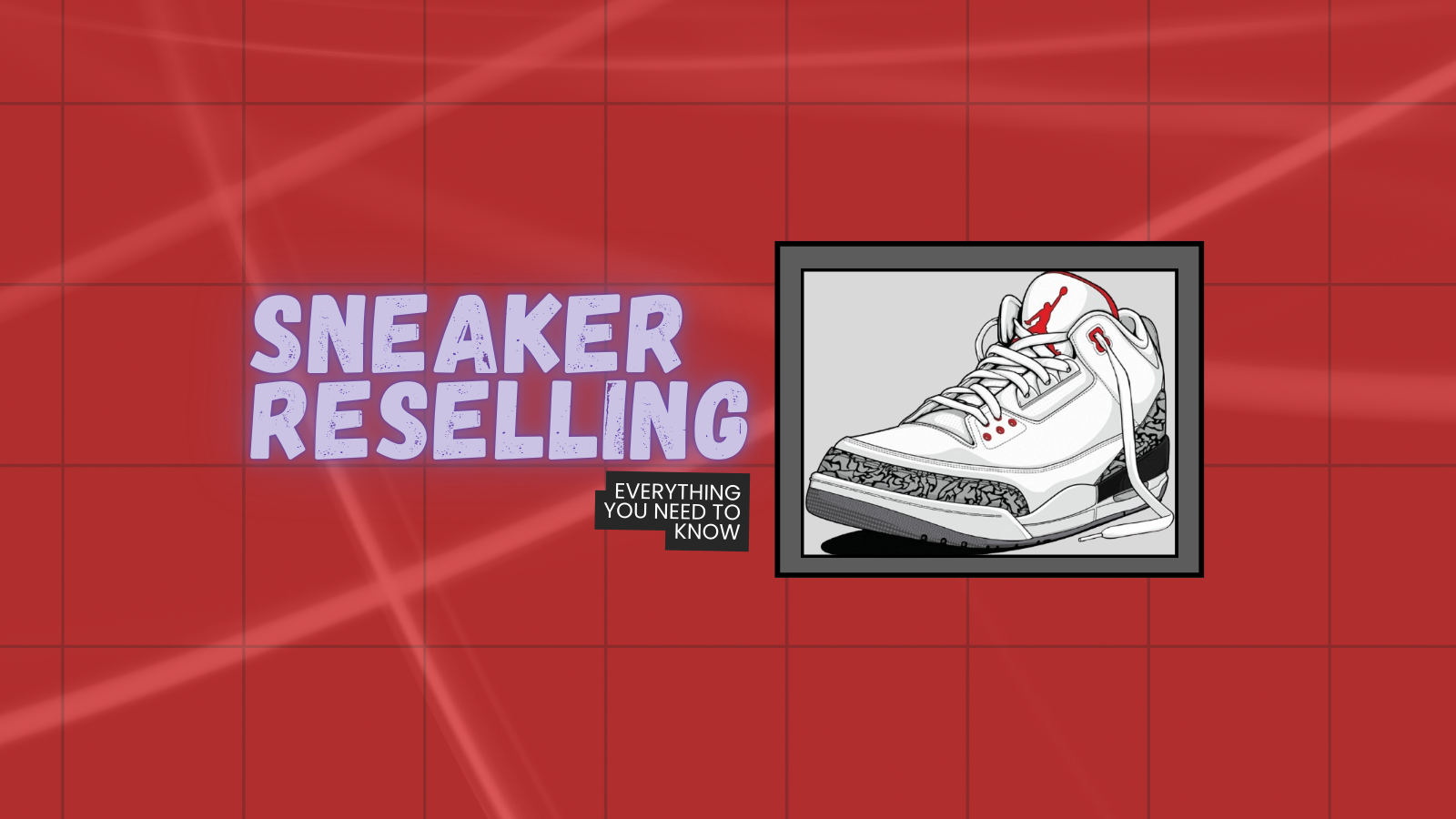

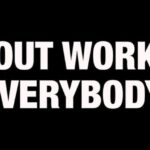
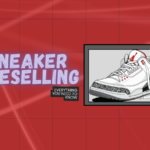

What’s up, yeah this paragraph is genuinely fastidious
and I have learned lot of things from it on the topic of
blogging. thanks. https://menbehealth.wordpress.com/